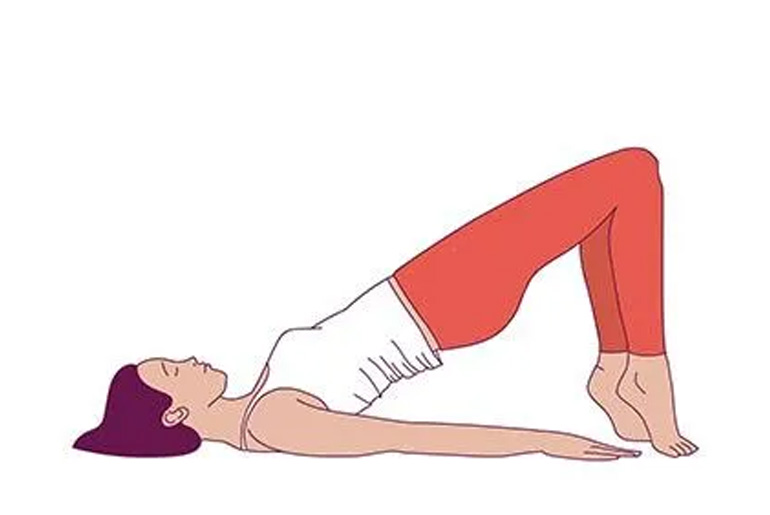Living with urinary incontinence goes beyond the physical discomfort of unexpected leaks; it deeply impacts one’s confidence and can lead to feelings of embarrassment. The condition quietly erodes the ability to enjoy life’s simple pleasures—like laughing freely or engaging in social activities without anxiety. Its emotional toll is often overlooked, making it not just a health issue, but one that affects quality of life and overall well-being.
Hidden hero of your core:
Your pelvic floor is the hidden hero of your core. It plays a vital role in recovery by working alongside your deep abdominal, lower back, and diaphragm muscles to stabilize your spine and support your organs. When this crucial muscle group weakens—due to factors like obesity, childbirth, aging, or surgery—the body’s natural control system falters, leading to issues like urinary incontinence, pelvic pain, and reduced stability. Strengthening the pelvic floor is key to maintaining overall core health and improving quality of life.
The Emotional Burden of Urinary Incontinence
Urinary incontinence is a condition that carries significant emotional weight, often leading to feelings of embarrassment, self-consciousness, and fear. For many patients, these emotional struggles cause them to withdraw from social activities or hobbies they once loved. The fear of leakage and the associated shame can make individuals feel isolated, leading them to avoid situations where they may be at risk of experiencing symptoms.
Shattering the Silent Stigma
Urinary incontinence remains one of the last healthcare taboos, with many individuals suffering in silence. The condition is often discussed quietly, if at all, due to the societal stigma attached to it. As physiotherapists, creating a space where patients feel safe to openly discuss their symptoms is vital. This open dialogue allows the stigma to dissolve, enabling patients to experience not only physical relief but emotional support as well.
By confronting the taboo head-on, physiotherapists can help patients break free from the isolation caused by shame and fear. This approach encourages patients to view their condition as something they can manage and overcome, with the guidance and expertise of healthcare professionals.
The Recovery Pathway
The recovery pathway for urinary incontinence often involves specialized pelvic floor exercises, which are tailored to the individual’s needs. These exercises focus on strengthening the pelvic floor muscles, which play a key role in bladder control. By incorporating these exercises into everyday movements, patients not only restore physical function but also begin to regain emotional confidence.
These exercises are designed to enhance the core system, which includes muscles that provide support for the bladder and other pelvic organs. Strengthening this core helps to restore stability and control, reducing symptoms of incontinence and promoting greater confidence in daily activities.
Rebuilding Confidence Through Pelvic Floor Exercises
Pelvic floor exercises do more than just strengthen muscles—they also help rebuild the patient’s confidence. The improvement in physical function directly impacts emotional well-being, as patients feel empowered to engage in life without the constant fear of leakage. By building strength, control, and stability in the pelvic region, these exercises enable individuals to regain control over their bodies and feel more confident in their everyday lives.
Urinary incontinence is not just a physical condition but also one that takes an emotional toll on patients. By breaking the silence around the issue and addressing the physical and emotional aspects of recovery, physiotherapists play a pivotal role in helping patients regain their confidence. Through tailored pelvic floor exercises, patients can strengthen their bodies and minds, ultimately reclaiming control and stability in their lives.
Disclaimer:
The information contained in this article is for educational and informational purposes only and is not intended as a health advice. We would ask you to consult a qualified professional or medical expert to gain additional knowledge before you choose to consume any product or perform any exercise.







